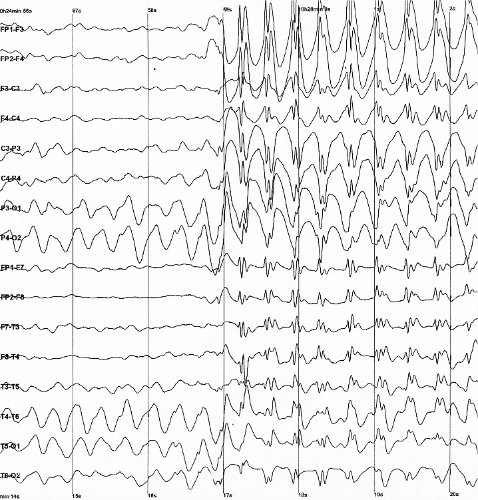Innovative Epilepsy Self-Management Program Shows Positive Results

Epilepsy, one of the most prevalent neurological disorders, affects approximately 3 million adults and 470,000 children in the United States, according to the Centers for Disease Control and Prevention (CDC). Characterized by unpredictable seizures, the condition often results in accidents, injuries, and a significant reduction in quality of life. In a promising development, researchers at Case Western Reserve University have unveiled a self-management program aimed at empowering individuals with epilepsy to take control of their health, potentially improving their mood and overall well-being.
The self-management program, known as SMART (Self-Management and Resilience Training), was developed over several years and has recently demonstrated encouraging outcomes in a study published in the peer-reviewed journal Epilepsy & Behavior in July 2025. Co-led by Dr. Martha Sajatovic, the L. Douglas Lenkoski MD Professor in Psychiatry at Case Western Reserve University School of Medicine, the research involved a clinical trial with 160 participants, half of whom engaged in the SMART program while the other half received standard care.
"Results of this study provide a model for broad and practical expansion of the program to people with epilepsy," Dr. Sajatovic stated. The SMART program features remote group training sessions conducted via video conferencing, where participants share experiences and learn essential management techniques under the guidance of a nurse and a trained peer educator, who is also living with epilepsy.
The study findings indicate that participants in the SMART program experienced a reduction in complications associated with epilepsy, alongside improvements in mood and quality of life. This reflects the critical importance of self-management behaviors, such as medication adherence, proper nutrition, and stress management, which significantly influence seizure control.
According to Dr. Gena Ghearing, a co-leader of the study and a professor of neurology at the Icahn School of Medicine at Mount Sinai, effective management of epilepsy is vital due to the chronic nature of the condition and the limited interaction many patients have with healthcare providers. "The SMART program represents a scalable solution that can be implemented across various community settings," Ghearing noted.
The CDC's Managing Epilepsy Well (MEW) network has played a pivotal role in developing and promoting self-management approaches for epilepsy over the past decade. The success of the SMART program aligns with the MEW's mission to enhance the lives of those affected by epilepsy through innovative and accessible interventions.
As the research team continues to refine and expand the SMART program, they are collaborating with organizations such as the Epilepsy Association in Cleveland and the Epilepsy Alliance of Ohio. Dr. Sajatovic expressed her enthusiasm for establishing effective delivery models that can be utilized by clinical care teams and social services focused on epilepsy support.
Looking to the future, the team aims to broaden the reach of the SMART program, potentially impacting countless individuals living with epilepsy. With ongoing research and community partnerships, the SMART initiative symbolizes a significant step forward in epilepsy care, offering hope for improved management and quality of life for those affected by this challenging neurological condition.
Advertisement
Tags
Advertisement





